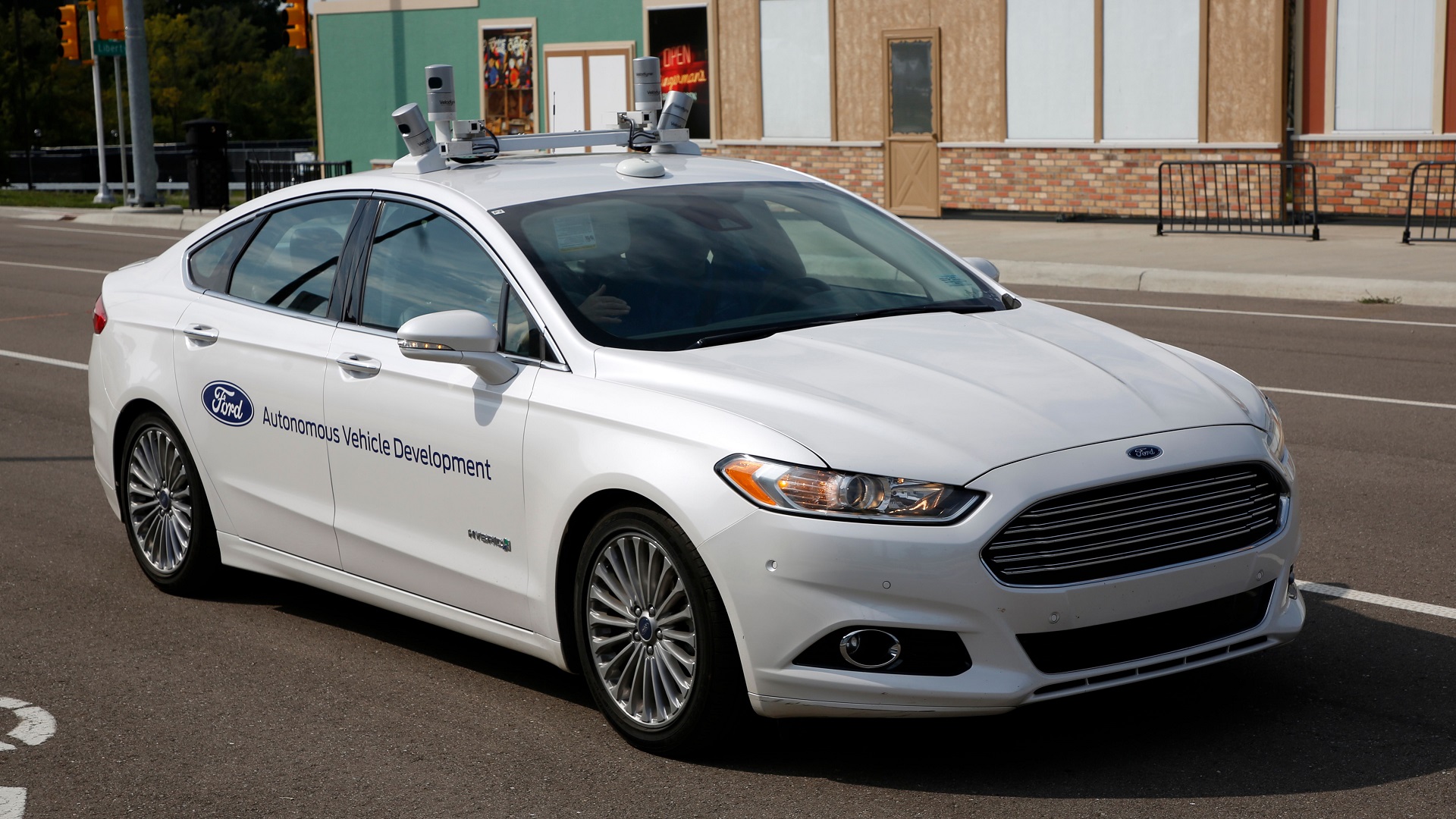

Ford announced a new partnership with Lyft on Wednesday focused on integrating Ford’s autonomous car technology with Lyft’s existing ride-hailing platform. The eventual goal is to enable Lyft customers to hail an autonomous Ford for a ride, but the main focus of this partnership is to work out exactly how this will happen and to implement the new technology in phases.
“Some view the opportunity with self-driving vehicles as a race to be first,” wrote Sherif Marakby, Ford Vice President, Autonomous Vehicles and Electrification, in his article on Medium announcing the partnership. “But we are focusing our efforts on building a service based around actual people’s needs and wants. We are placing a high priority on safety and dependability so customers will trust the experience that our self-driving technology will one day enable.” This attitude is in direct contrast to some manufacturers’ interest in technology for its own sake.
Ford and Lyft’s software developers are already working together to connect their networks to exchange data about Ford’s autonomous cars and where Lyft rides have been requested.
“We don’t, however, plan to put customers in them until we are certain our technology delivers a positive, reassuring experience where we can gain meaningful feedback,” Marakby writes. This will enable Ford and Lyft to ensure that their communication infrastructure is solid before a single passenger gets into a car.
“When ready,” Marakby continues, “We’ll have self-driving cars operating alongside Lyft’s current community of drivers to help accommodate times of significant consumer demand to ensure that transportation remains timely and affordable.”
This may help put fears of human Lyft drivers to rest about the company replacing them with more cost-effective robots. It seems that the intention is to use autonomous cars as a supplement to existing Lyft service, not as a replacement—a commitment Lyft has made before.
In this partnership, each company will focus on what it is good at. This makes much more sense than Lyft starting to build cars, or Ford reinventing the ride-sharing wheel. Both companies now seem to have the tools at their disposal to make autonomous car ride-sharing a reality.
Earlier this year, Lyft’s biggest rival, Uber, announced a deal with Daimler to add that automaker’s self-driving cars to its network.